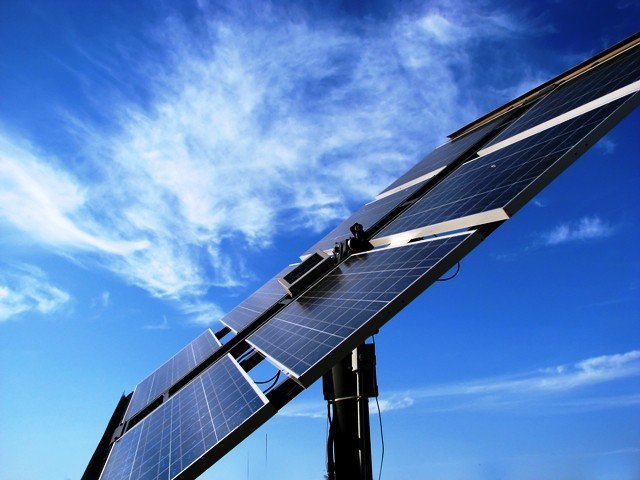Pakistan's Net Metering Crisis Impacts Grid
The changes aim to address the issue of net-metering users avoiding fixed costs, which are then spread to other consumers, making electricity more expensive for them, and the regulations will allow net-metering users to continue to pay for electricity in the evening, just like everyone else, while also potentially recovering the full cost of their solar system in three years, promoting a sustainable and equitable energy transition.

The rapid expansion of solar energy in Pakistan is causing economic imbalances in the power sector, with unchecked net metering driving up tariffs and threatening the grid's financial stability, as the current system allows solar users to sell excess electricity back to the grid at rates that don't account for full costs.
A recent study found that Rs200 billion in grid fixed costs were shifted to non-solar users in FY 2023/24, resulting in a Rs2/unit tariff increase, and if grid demand declines by 10%, the cost being passed on to non-solar consumers could exceed Rs260 billion. The report recommends transitioning from net metering to net billing, where solar customers are compensated at a lower rate for their excess electricity while still paying fair grid fees.
The government has decided to limit the contract validity period for net metering consumers to five years, with periodic revisions to the buyback rates, and the Power Division has directed Nepra to revise the buyback rate from the National Average Power Purchase Price to Rs 10 per unit. The settlement mechanism will be updated to treat imported and exported units separately for billing purposes, and the contract validity period for net metering consumers will be limited to five years.
The revised net-metering regulations in Pakistan aim to address the economic imbalance in the power infrastructure, ensuring a more equitable economy, and the future of the power infrastructure is expected to be distributed, with a core supply of baseload, and distributed solar gaining strength, adapting to a more market-driven competitive model to avoid a mass exodus from the grid.